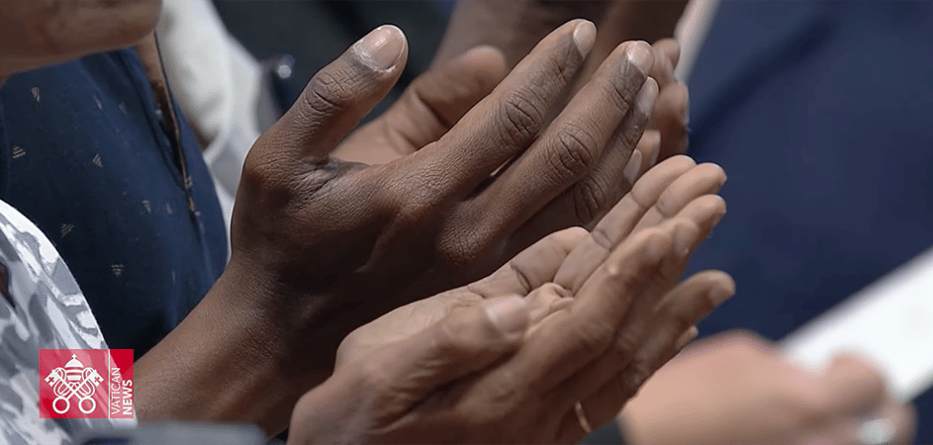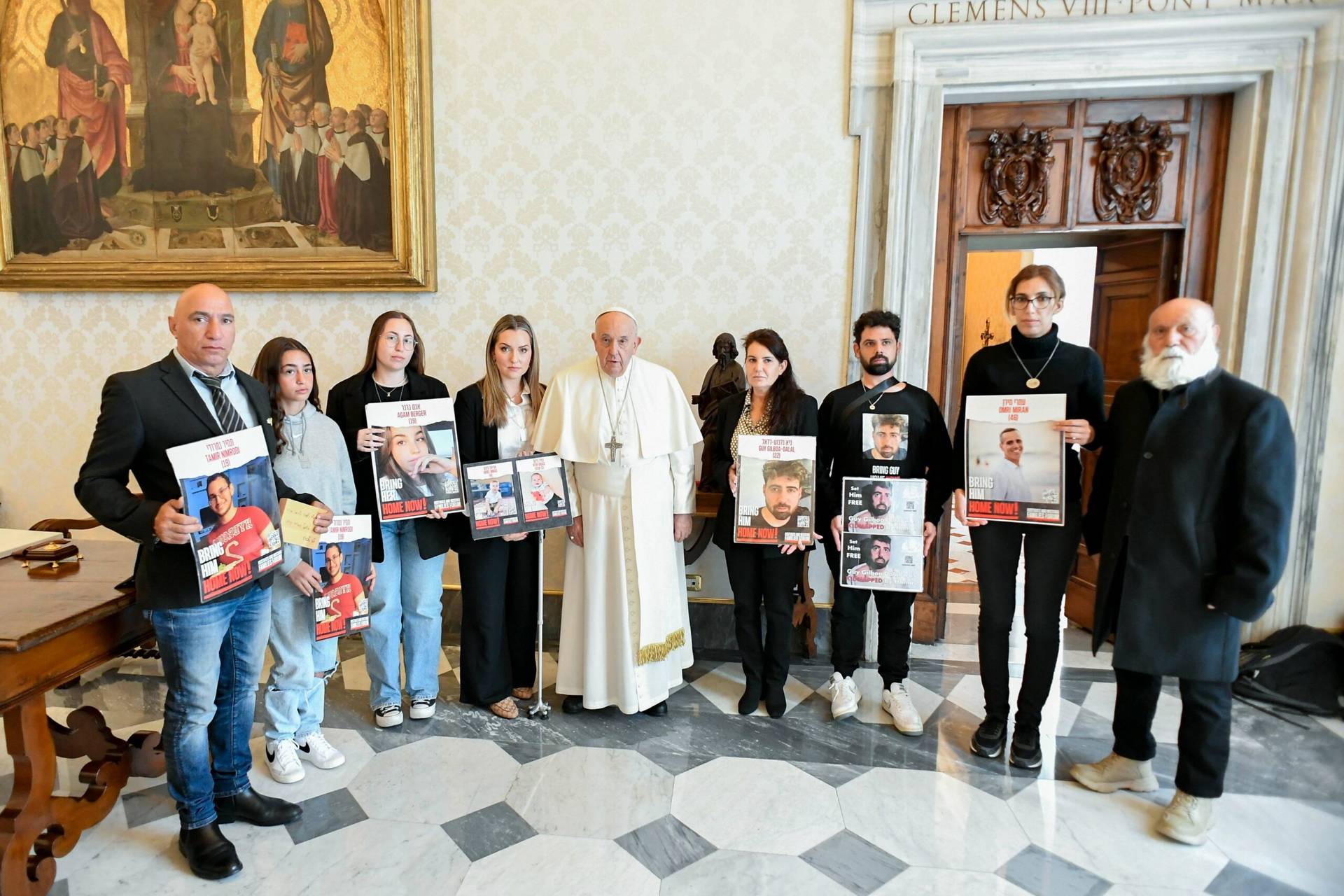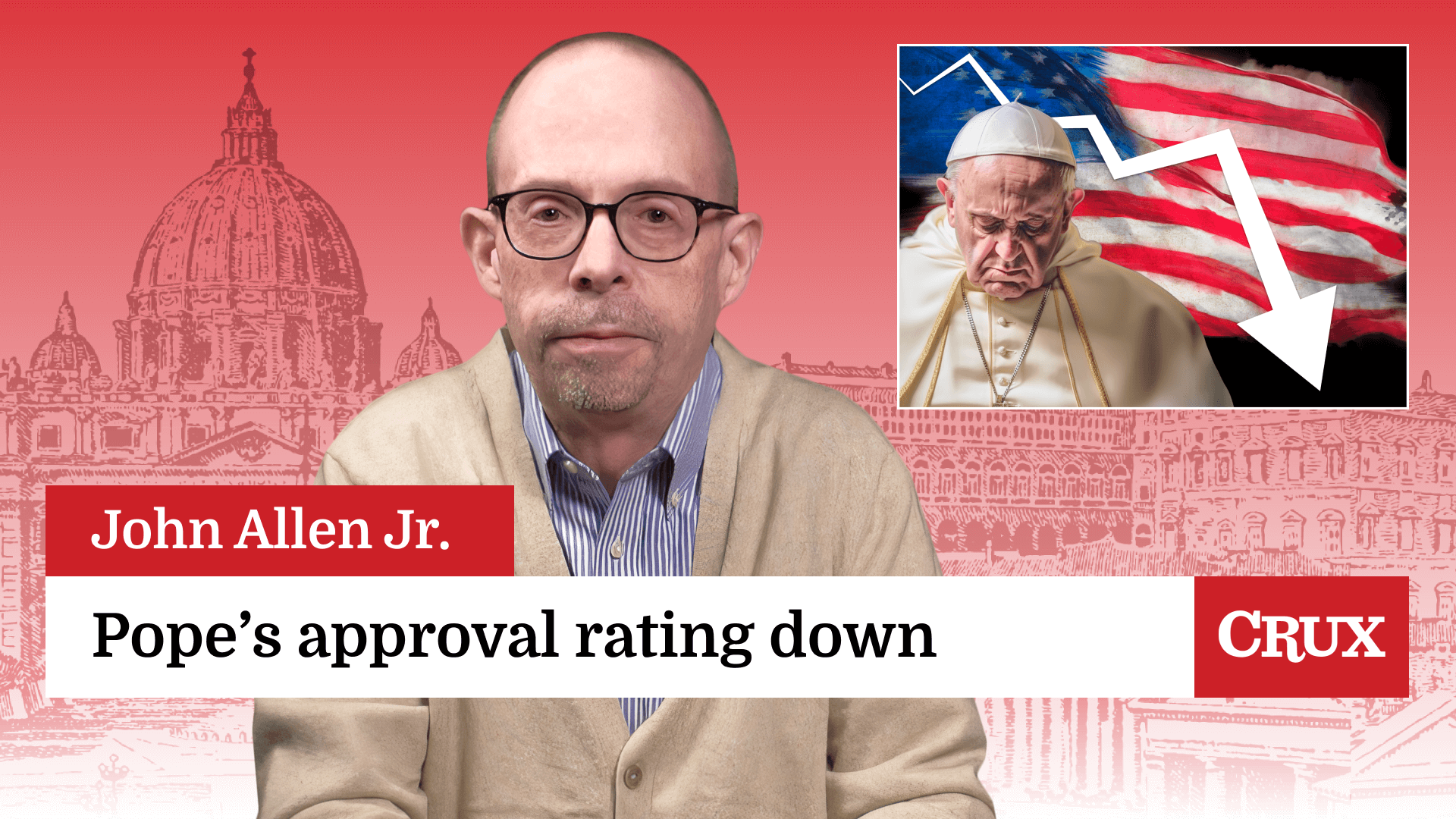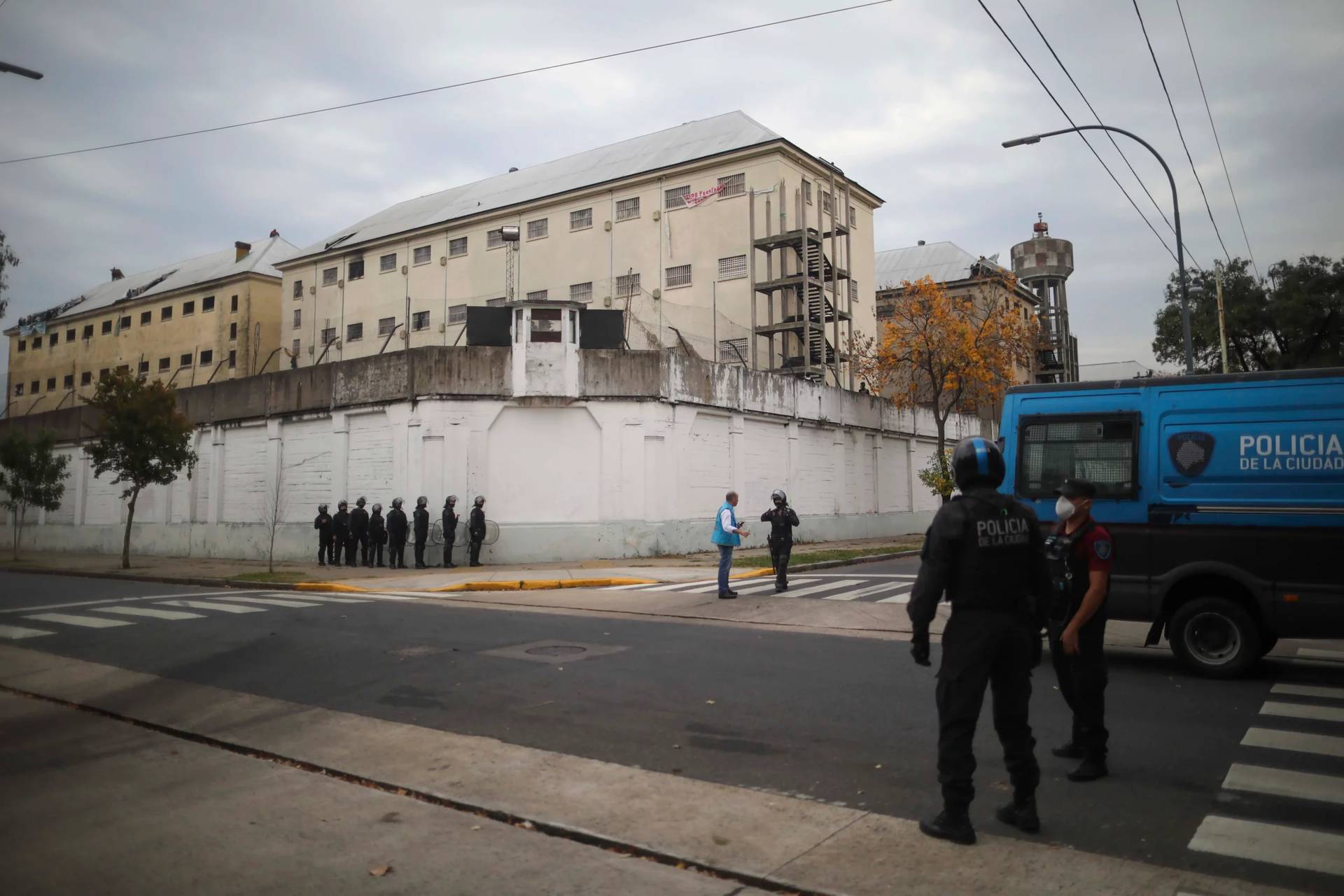A month ago I wrote about how recent silence from the Vatican on the crisis in Venezuela indicated a confusion about how to proceed. In the intervening weeks developments in Venezuela have rapidly deteriorated.
Protesters have filled the streets, government forces have killed dozens of them, ordinary people scavenge through the trash to eat, international diplomacy seeks to isolate the Maduro regime, and the bishops of Latin America have entered the fray.
The Holy See though still appears unsure of how to proceed, and at risk is its entire diplomatic credibility.
Absent a quick and dramatic intervention in favor of the opposition to Maduro, Pope Francis’s Venezuela policy will compromise his status as a serious player in global affairs.
That would be a serious setback for the very poor and afflicted for whom the Holy Father so passionately advocates. The stakes are high and time is short. Catholics who understand the key role that the Holy See is able to play ought to be very anxious.
The depredations of Maduro’s socialist regime have been well documented on this site in the reporting of Ines San Martin. The regime has savagely reduced its people to starvation, with the average resident losing 11 to 33 lbs. in recent months due to lack of food.
All savings have been liquidated through hyperinflation. Both professional and working classes have been pauperized. An exodus of refugees has flowed into neighbouring Colombia. Citizens have been stripped of their democratic rights. Maduro’s goons have resorted to lethal violence to protect the corruption of the state bureaucracy.
The consensus in favour of regime change touches all parts of Venezuela not on the direct payroll of the regime.
The Catholic bishops of Venezuela have been subject to government harassment and violence for their defense of human rights and basic dignity. Last week the Latin American bishops (CELAM) meeting in San Salvador decried the deprivation of basic needs and human rights in Venezuela.
All last year Maduro played for time against the opposition by holding out the prospect of Vatican-led mediation.
That blatant manipulation was indulged by the Holy See in the name of dialogue and encounter, with a faint hope of a peaceful resolution.
It has been months since that faux-mediation ended, and it became clear that the government had no interest at all in a peaceful resolution, but only a preservation of dictatorial power.
It would seem then that this would be a straightforward matter for the Holy See. It offered mediation, even being willing to be played for a fool to give the benefit of the doubt.
There is no longer any doubt. Maduro presides over a rogue regime that is killing its own people in defence of a discredited socialist ideology. Why would Pope Francis seek to remain neutral between such a regime and the suffering masses?
On the return flight from Cairo, the Holy Father was asked about Venezuela and appeared to depart from his neutrality – against the opposition:
Part of the opposition does not want this [dialogue]. Interesting, the opposition itself is divided and, on the other hand, it seems that the conflicts are increasingly escalating. But there is something happening. There is something moving forward, and I’ve been informed of this, but it’s still very much in the air as yet. Everything that can be done for Venezuela must be done. And with the necessary guarantees. Otherwise we are just playing childish games that lead nowhere.
What that answer meant was unclear, except that the pope appeared to be blaming the opposition. It did not take long for that response to be heard in Venezuela and the dismay to be heard in Rome.
The next day the Regina Coeli address lurched toward restoring some kind of balance, with Pope Francis appealing “to the government and all the members of Venezuelan society to avoid any further forms of violence, to respect human rights and to negotiate solutions to the serious humanitarian, social, political and economic crisis that is exhausting the population.”
The Maduro regime, having lost the delaying tactic of mediation, proposed instead a constitutional convention to draft a new constitution for Venezuela.
This would have the benefit of dissolving the National Assembly, which has been controlled by the opposition since 2013.
Earlier this year, Maduro had his allies on the supreme court strip the National Assembly of its powers, until an international protest forced a reversal.
The opposition has rejected the constitutional reform tactic, as have the Catholic bishops. On Saturday, Maduro denounced the bishops for taking a harder line against him than Pope Francis. He publicly called for the Venezuelan bishops to agree to his proposals in obedience to Pope Francis.
Vatican diplomacy has now stumbled into a place where Maduro considers Pope Francis an ally against the bishops of Venezuela.
It is a repeat of Vatican fumbling in Ukraine, where local Catholics felt that Pope Francis was siding with the Russian invaders. The Russia-Ukraine situation was fast-moving and great power politics – not to mention the delicate ecumenical situation with the Russian Orthodox – were at play.
Nothing of the sort is at play in Venezuela. It is the pope’s backyard. If the Holy See is positioned on the side of tyranny in opposition to her own bishops, it would be an inexplicable catastrophe. So much of the Holy Father’s defense of the suffering and exploited would ring hollow.
Cardinal Pietro Parolin, the Vatican secretary of state, senses that matters have reached a dangerous point. While in Fatima, as Maduro was playing off Pope Francis against the Venezuelan Church and people, Parolin dropped his neutrality and said that that elections were the only solution for Venezuela.
Given that over 80 percent of Venezuelans polled want a new government, calling for elections is tantamount to calling for Maduro to go.
It remains for Francis to align himself with his own bishops and make that call himself, mobilizing international opinion, especially in Latin America.
There is no doubt about whether Maduro is a legitimate ruler. After losing control in the National Assembly, he has resorted to emergency rule, employing unconstitutional measures to cling to power. He is the epitome of the corrupt ruler who presides over an economy that literally kills.
The Venezuelan bishops have opposed him. CELAM has denounced him. What, then, is the Holy See waiting for? And at what cost?
















